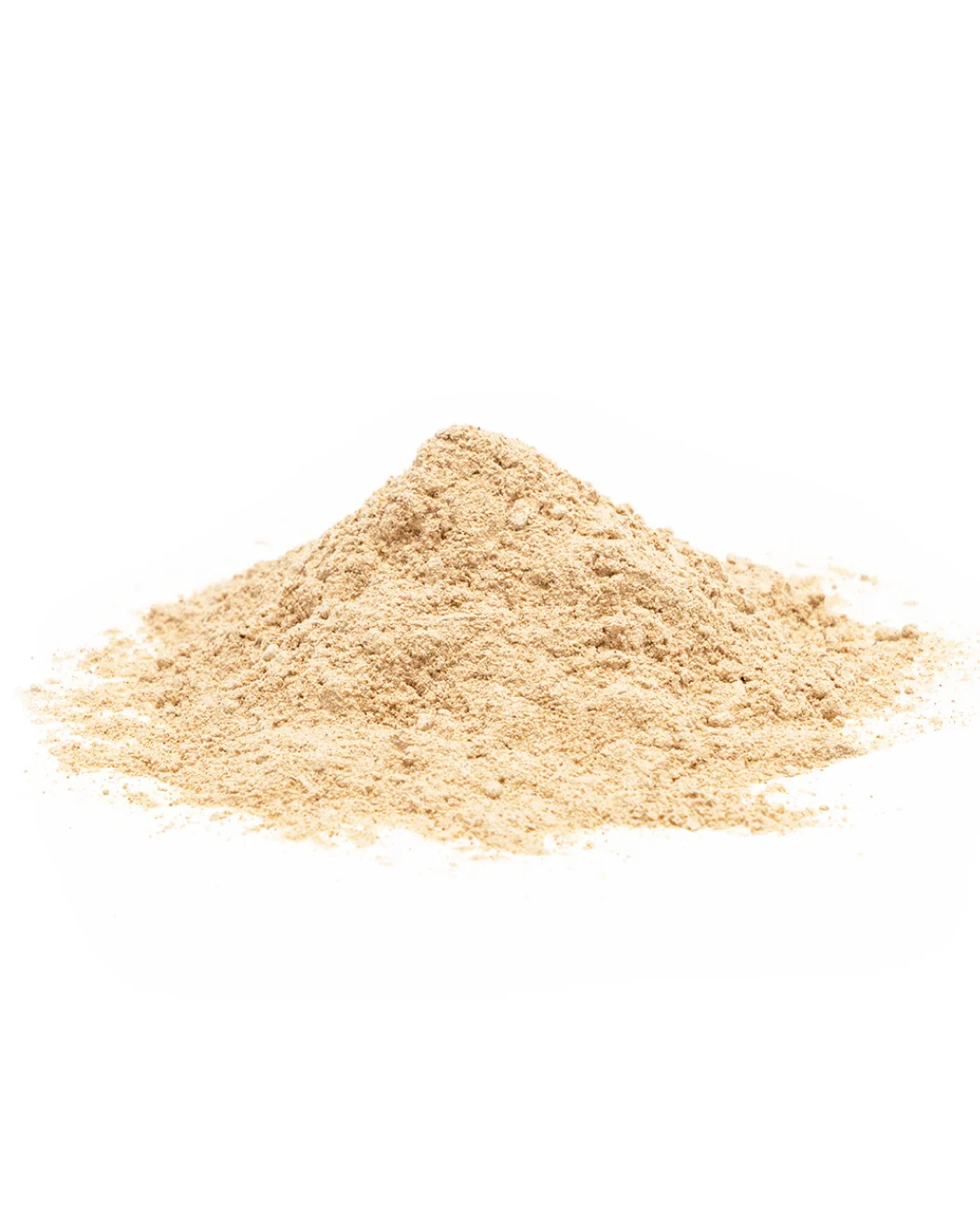Maca
Lepidium meyenii
Maca has traditionally been used for its purported ability to regulate physical, mental, and emotional stresses in the body.
Disclaimer: The information provided on this page is not a substitute for professional medical advice, diagnosis, or treatment. If you have any questions or concerns about your health, please talk to a healthcare provider.


Vitals
Some studies have shown that maca supplementation improves sexual performance, libido, and semen quality in men.
Talk to your healthcare provider if you are concerned about any side effects you experience.
FAQ
What is maca?
Maca, also known as “Peruvian ginseng,” “maca-maca,” “maino,” “ayak chichira,” and “ayak willku,” is a plant native to the high Andes mountains of Peru, where it grows at elevations over 4,000 feet. The maca plant is a starchy tuber resembling a turnip or a radish. Its roots can be cooked and have been a staple food in Peru alongside potatoes for thousands of years. Thirteen different colors of maca have been described, with the most common being black, red, purple, and yellow. Each color is suspected to have its own biological properties, with black maca and yellow maca responsible for the benefits seen in sperm count. Some consider maca to be an “adaptogen,” part of a family of herbs thought to help regulate physical, mental, and emotional stresses in the body.
What are the health benefits of maca?
Traditionally, maca has been used to improve sexual functioning and stamina in both men and women. It has also been used to treat infertility, however, scientific evidence supporting its usefulness in improving fertility is lacking. Other purported benefits include treating symptoms of menopause and sexual dysfunction. While numerous studies have looked into the effects of maca, most have been conducted in vitro, on animals, or in small human clinical trials. This means the findings are limited, making it difficult to determine precisely how effective supplementation with maca can be.
Studies looking specifically at maca’s effects on men include the following:
Antimicrobial: One in vitro study showed that maca has antiviral activity against strains of influenza virus (2).
Antioxidant: In one study in which maca was extracted and purified, it was found to have high antioxidant activity, making it potentially effective at neutralizing compounds that could be damaging to cells (11).
Blood pressure: In one small study of Chinese postmenopausal women, decreases in diastolic blood pressure were attributed to treatment with maca (8).
Learning and memory: Black maca improved induced memory impairment in mice that underwent learning and memory testing (5).
Mood: Through its effects on chemical messengers in the brain, maca supplementation led to antidepressant-like effects in mice exposed to stress in one study (1).
Maca also has the following health benefits, which is why it was chosen to be an ingredient in the Ro's supplement:
Studies looking specifically at maca’s effects on men include the following:
Erectile dysfunction: One study of fifty Caucasian men with mild erectile dysfunction found that after twelve weeks, those who had been treated with 1,200 mg twice per day of maca dry extract reported improved physical and social performance scores (10).
Libido: In one study, testosterone levels in men did not change but libido did improve after eight weeks of maca supplementation with 1,500 mg per day and 3,000 mg per day (3). Another small study found an increase in sexual desire amongst trained male cyclists after maca supplementation with 2,000 mg per day (10).
Semen: While treatment with maca did not affect hormone levels of testosterone, prolactin, estradiol, luteinizing hormone (LH), or follicle stimulating hormone (FSH), it did lead to increased seminal volume, sperm count, and sperm motility in one study. The study was conducted in nine adult men, who received 1,500 mg per day or 3,000 mg per day of oral maca for four months (4).
What doses of maca have been studied?
Nutritional supplements, like maca, are not reviewed by the FDA for safety and effectiveness. Information regarding the exact dosing for maca is limited. Studies that have evaluated the efficacy of maca for improving sexual function have used dosing regimens including 1,200 mg twice per day of dehydrated maca root, 2,000 mg per day of gelatinized maca, 500 mg three to six times per day of gelatinized maca, and 3,500 mg per day of dried maca powder. The results of these studies were mixed. Across these studies, no adverse effects were reported (6).
In what forms is maca available?
Maca is a plant whose root can be eaten as food. It can also be turned into a variety of forms to be used as a supplement, including powder, tea, and gelatinized forms. Maca powder is sometimes used in smoothies.
How does Ro offer maca?
Ro obtains maca from a non-GMO source in Peru that grows Lepidium meyenii. The specific variety of maca obtained is black maca.
Ro offers maca in the following supplements:
Maca is one of six main ingredients in the Testosterone Support supplement. The supplement consists of four tablets that should be taken with water. Each individual tablet contains 750 mg of maca root powder, for a total daily dose of 3,000 mg. This dose and color of maca was chosen based on studies looking at maca’s effects on libido and semen (3,4).
Other ingredients in the tablets include KSM-66® organic ashwagandha root extract, magnesium citrate, zinc sulfate, cupric oxide, cholecalciferol, microcrystalline cellulose, dicalcium phosphate, stearic acid, croscarmellose sodium, magnesium stearate, silicon dioxide, and pharmaceutical glaze (shellac, povidone).
